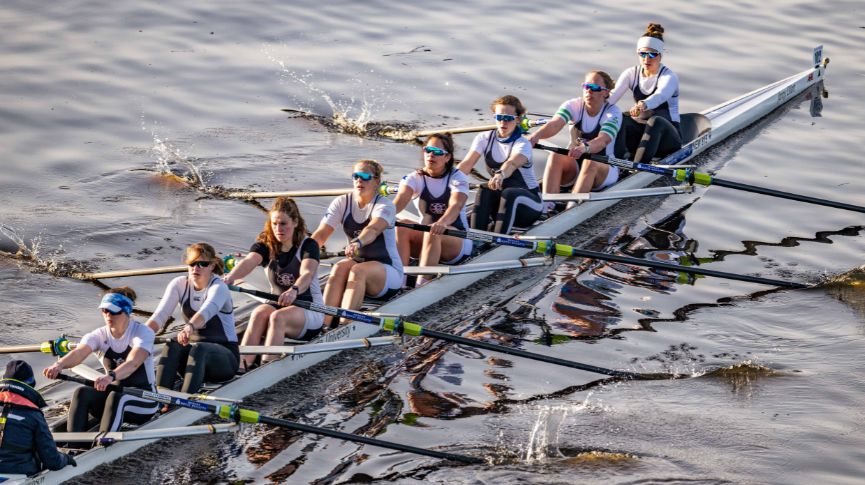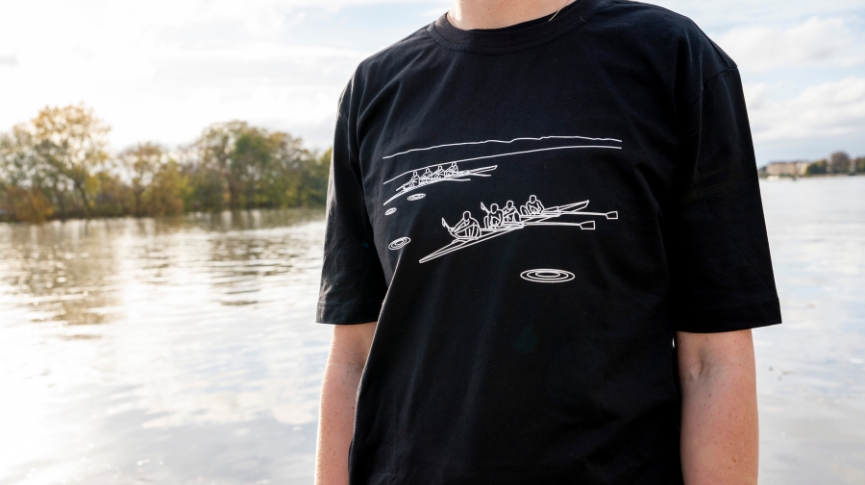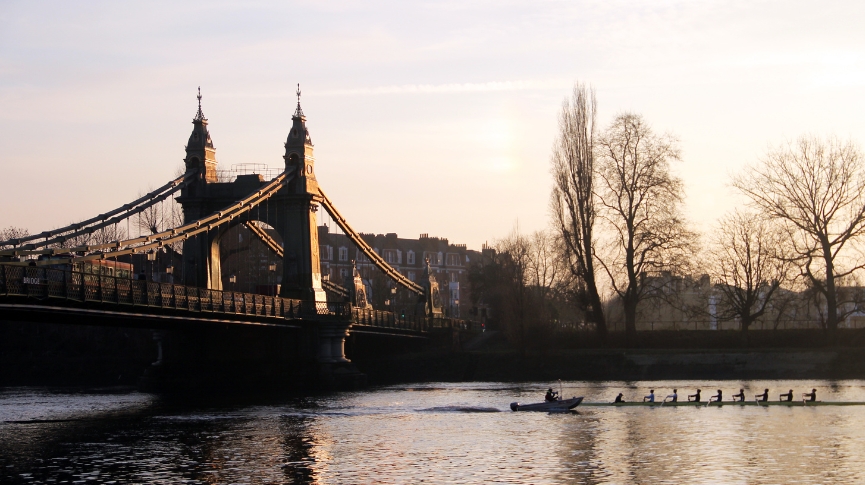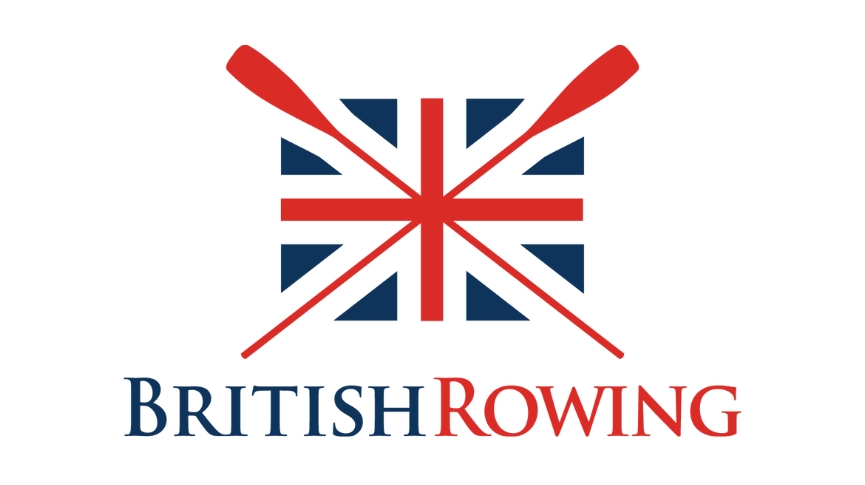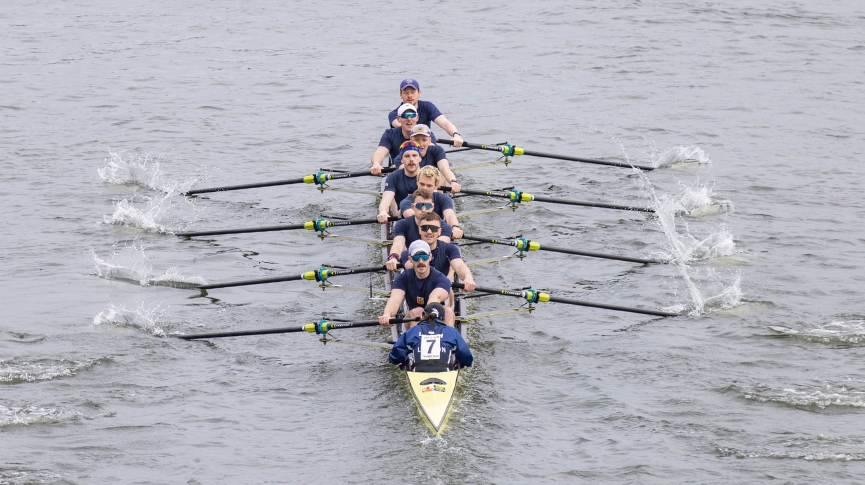Dr Adi Fawcett on transferable skills: Why coaching is universal, regardless of the game
As British Rowing’s Coaching Week coming to it’s end, Fergus Mainland spoke with Dr Adi Fawcett about some of her top bits of coaching advice including how best to coach individuals
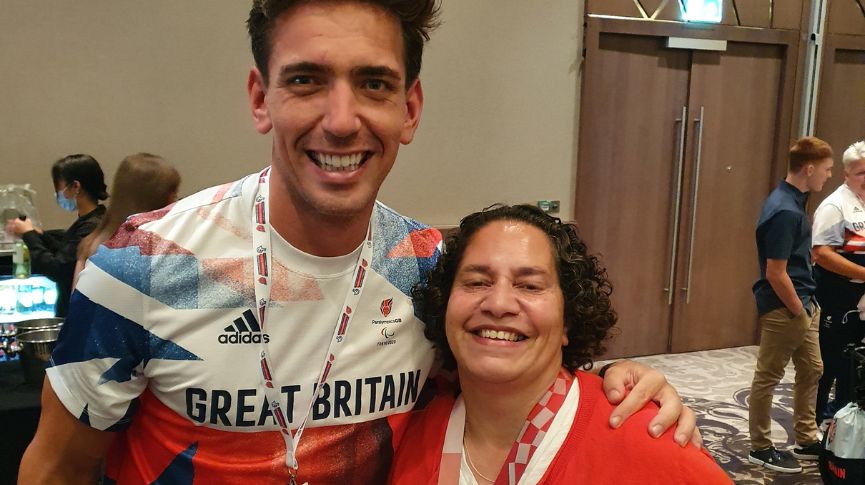
When it comes to coaching, there isn’t much that Dr Adi Fawcett doesn’t know. And what she doesn’t know becomes the next area of coaching to study and absorb as much knowledge as she can.
Adi has been with British Rowing as a Regional Coaching and Development Officer for over a decade, during which time she’s also been Head of Sport for Special Olympics GB, Chief Operating Officer for Cerebral Palsy Sport, and a mentor for British Rowing’s Diploma in Sport Excellence. Most recently, she is a Non-Executive Director on the UK Coaching Board with specific responsibility for equity, equality, diversity, and inclusion, and Chair of the Coaching Advisory Panel.
Despite all these titles and responsibilities, Adi never strays far from her coaching principles. For her, it’s about the individual; it’s about being athlete centred.
“The other thing that is important is learning and developing the skill in managing relationships,” explained Adi, who was awarded an Honorary Doctor of Letters Degree in recognition of her contribution to sport and her commitment to widening diversity in sport.
“Whether that’s with the athletes, families, other coaches at the club, and being confident that you know what you are doing and that it’s fine if you don’t, and to ask someone if you don’t. You can learn something from everyone, and be open to learning new ways of doing things. Sometimes an athlete prefers this way or that way to be coached.
Over the years, Adi has had the opportunity to learn from a plethora of coaches across a wide range of sports. This practice of sports coming together only benefits the athletes and clubs, reminding us to take a moment to reflect on other best practices from outside our sporting echo chambers.
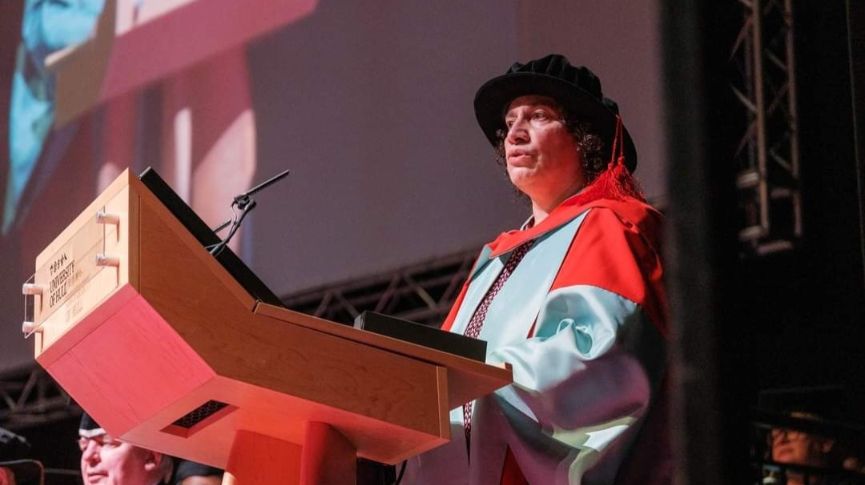
“UK Coaching offers a lot of support for coaches, and it wasn’t like that when I started. There weren’t any high-performance programmes for women, there weren’t all these resources or networks, so I think that’s really good progression. You learn as a coach that coaching is coaching; the difference is the technical sport aspect. You always want to be individually centred, you always need to make plans, you always need to think back and have self-reflection, it’s the sport’s technical aspect that changes.”
It’s worth remembering that local communities are a hive for activities. At any given time, towns and cities are bustling with football, rowing, rugby, and everything else under the sun. All those involved have the same aim and ambition to get people into sport and develop them as individuals, not just athletes.
“Develop your own network of coaches and bring them along to the rowing club as well. I think that’s a really good way to exchange ideas. People can see anything, whatever sport they are in. They can see things in a different sport.”
Adi’s first role at British Rowing was as a Talent Development Coach in 2006, working at what is now the GB Performance Development Academies.
She’s seen firsthand the resources that are available to coaches and how people can flourish as coaches, regardless of their sporting background. The workshops, coaching courses, and other materials have the ability to empower parents, volunteers, and other people who want to support their clubs.
“It’s been a really big change in coaching and the delivery of coaching, not just at British Rowing but in sport in general. There’s more online modules and being able to pick and choose rather than going through a more structured process. I think that’s what British Rowing is now developing quite well. You still have that in-person interaction, as well as the flexibility of the online modules and learning. It is very different from what’s happened before, but as you go up the levels, there are more practical elements as well.
“When I did my first online module, I was surprised by how engaging it was. You make an assumption that online will be awkward, but it was facilitated really well. I think everyone felt comfortable, and it seemed like a safe space for people to be quite open. What was really good was the transition to the practical or the Assistant Coach Training. Even on one day, you see the development of a coach, whether it’s confidence or learning about a different aspect of rowing, it’s been really enjoyable. It’s about people feeling they can coach even though they think they have no experience or they are not a rowing person.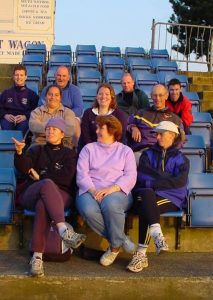
“A lot of the courses previously were geared towards people who are experienced coaches, but this definitely had a wide range of experiences, and I think what’s been good is that everyone has got something out of it. Someone who has started volunteering because their kid is rowing to someone who’s been coaching at a club for a while, they’ve all come together in one session. It’s being able to cater for a wide range of experience and ability and showing that you don’t have to be a rower to coach rowing.”
What becomes clear from Adi, even after just a brief conversation with her over Zoom, is how invested she is in those who look to her for guidance. While she’s had a huge number of accomplishments and enabled athletes to do some wonderful thing, it’s always been about the individuals and about the relationships she’s helped foster.
“The first success I got was when I was a volunteer for South Sea RC. We won the South Coast Championships, it was with a novice crew. I remember coming away from that thinking, ‘Ok, maybe I can coach.’ That was great because I didn’t expect to do that sort of thing.
“Another highlight is when athletes don’t know each other before but then become best friends, which is just a nice thing. I like to think I can add value across all the sports I’ve worked with. It shows how transferable coaching is, which is nice because you speak to coaches and you’ll have some commonality there.”


